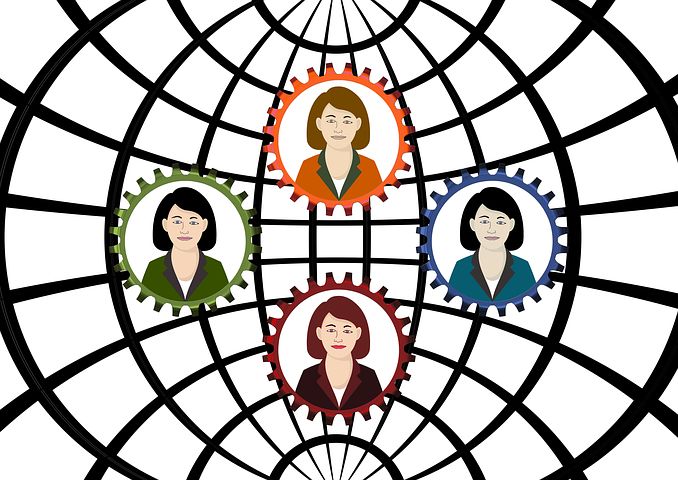This website uses cookies so that we can provide you with the best user experience possible. Cookie information is stored in your browser and performs functions such as recognising you when you return to our website and helping our team to understand which sections of the website you find most interesting and useful.

Celebrating International Day of Women and Girls in Science – 11.02.21
Ahead of the International Women’s Day, Monday 8th March, The United Nations have proclaimed February 11 the International Day of Women and Girls in Science aiming to ensure full and equal access to and participation in science for women and girls.
The resolution was adopted by the UN General Assembly on December 22, 2015.
It’s aim was to end female bias: to quote the UN Secretary-General, António Guterres:
“On this International Day, I urge commitment to end bias, greater investments in science, technology, engineering and math education for all women and girls as well as opportunities for their careers and longer-term professional advancement so that all can benefit from their ground-breaking future contributions”
Data shows that there are fewer women in the all fields of Science. According to a UN study from 14 countries, the probability for female students graduating with a Bachelor’s degree in science is 18%, while the male equivalent is 37%.
The resolution states that women continue to be excluded from participating fully in the economy even though representing half of the world’s population and that women have a vital role to play and a right to participate in sustainable development policies, programs, and decision-making at all levels.
It is therefore critical that from a young age girls participate fully in all fields of education and one area of emphasis is STEM:
Science, technology, engineering, and mathematics (STEM) is a term that is often used when referring to the academic disciplines of science. STEM education starts with young pupils in a blended learning environment, and the curriculum shows students how the scientific method can be applied to everyday life. It is often aimed to attract women and girls with the objective of giving them equal opportunities in all employment categories, thereby granting them a more equal foothold in our 21st century society and beyond.
If you are a woman looking to further your career in the International Public Sector, don’t miss our online recruitment event for Women on the 12 March. Click HERE for more information and register.
